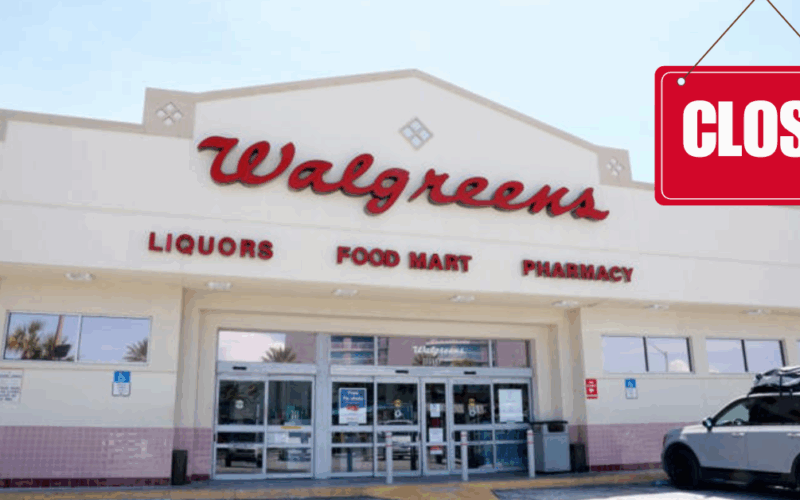Walgreens, one of the largest pharmacy chains in the United States, recently announced a major $10 billion private equity split. This financial move has sparked serious concerns about the future accessibility of pharmacy services across the country. Experts warn that as many as 1,200 Walgreens stores may close by 2027, potentially affecting millions who rely on these pharmacies for their everyday health needs.
The reason behind this decision is primarily business-driven, aiming to streamline Walgreens’ operations and increase profitability. However, the impact on local communities, especially in small towns and underserved urban areas, could be significant. Access to essential medicines and health advice might become more difficult if many stores shut their doors in the next few years.
What Is the $10 Billion Private Equity Split?
The $10 billion private equity split means that Walgreens is partnering with private investment firms to separate parts of its business. This deal, as explained by CNBC, involves dividing Walgreens Boots Alliance’s retail pharmacy operations from other segments. The goal is to improve focus and efficiency by allowing investment groups to manage certain assets more directly.
This type of deal is common in the corporate world but can sometimes lead to store closures or job losses if the new owners prioritize cost-cutting measures. For Walgreens, the split could mean closing less profitable locations and rethinking how they deliver pharmacy services.
Why Could Stores Close by 2027?
Industry analysts suggest that following the private equity split, Walgreens could close up to 1,200 stores by 2027. According to a report by Pharmacy Times, these closures would focus mainly on stores that are underperforming or located in highly competitive areas. The company aims to reduce costs and improve its financial health in a challenging market environment.
Such closures could impact customers who live in areas with fewer pharmacy options. Losing access to nearby Walgreens stores might mean longer travel times for prescriptions, consultations, and health products.
How Will Pharmacy Access Be Affected?
Pharmacies are more than just places to pick up medicine; they offer vital healthcare support, especially for older adults and people with chronic conditions. If Walgreens closes many stores, it could create healthcare gaps in thousands of communities.
The FDA emphasizes the importance of pharmacy access in managing public health. With fewer Walgreens locations, some patients may struggle to refill medications regularly or receive timely advice from pharmacists, which can negatively affect their health outcomes.
What Can Consumers Do?
If you live near a Walgreens store, it is a good idea to stay informed about any news regarding store closures. Look for updates from the company and local news sources. Also, consider other pharmacy options in your area like CVS, Rite Aid, or independent pharmacies that can provide similar services.
Consumers should plan ahead by transferring prescriptions to nearby pharmacies if closing notices are announced. Many pharmacies also offer online services, which can be convenient if physical stores are less accessible.
Conclusion
The $10 billion private equity split by Walgreens is a significant business move that could impact many Americans by potentially closing up to 1,200 stores by 2027. While it may help the company become more financially stable, it raises concerns about reduced pharmacy access in some areas, especially those already underserved.
Staying informed and exploring alternative pharmacy options can help customers navigate these changes. As this story develops, the balance between business efficiency and community health will remain a crucial issue for Walgreens and the healthcare industry.




